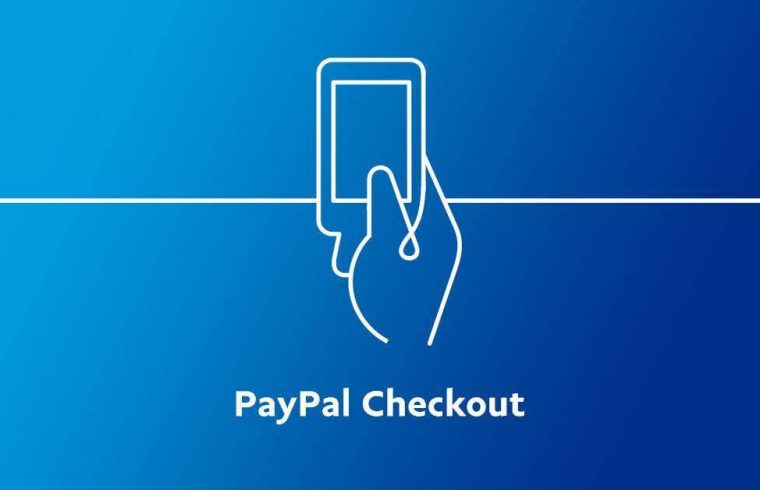PayPal has announced changes to its terms of service that alter the protections provided for non-fungible token (NFT) transactions. Effective May 20, the payment giant will no longer cover NFT purchases under its buyer protection policy, and it will limit seller protections for NFT sales exceeding $10,000.

This policy revision marks a shift from PayPal’s earlier approach, where both buyers and sellers of NFTs enjoyed certain safeguards against fraud, including coverage for falsely advertised items and protection against chargebacks and scams. According to PayPal, the decision was influenced by “the uncertainty around proof of order fulfilment and other variables in this evolving industry.”
The changes were first mentioned in a policy update on March 21 on PayPal’s website but had not been widely reported until now. Under the new guidelines outlined in the “Amendments to PayPal’s Purchase Protection Program,” NFTs will be explicitly excluded from purchase protection. Similarly, amendments to the Seller Protection Program will see reduced protections for higher-value NFT sales, leaving sellers more exposed to financial losses from disputed transactions.
These adjustments come as PayPal continues to cement its role in the blockchain and digital assets space. In 2022, the company expanded its cryptocurrency support on its main platform and filed a patent for a system to manage NFT purchases and transfers.
PayPal has come under the scrutiny of the U.S. Securities and Exchange Commission (SEC) over its recently launched dollar-pegged cryptocurrency. In late 2023, the company received a subpoena from the SEC’s Division of Enforcement, requesting documents related to its PayPal USD stablecoin.
PayPal’s foray into the stablecoin market represented the first such venture by a major financial service firm. This move, however, has raised concerns among U.S. regulators, echoing worries similar to those seen during the launch of Facebook’s Libra stablecoin project. The primary concern revolves around the potential rapid expansion and widespread use of a token tied to a major tech platform, posing risks to U.S. financial stability.
In Congress, the arrival of PayPal’s stablecoin further polarized the ongoing debate over crypto legislation. Figures like Rep. Maxine Waters criticized PayPal’s recent entry into the dollar-pegged stablecoin market, arguing that the company should have awaited federal regulatory approval before launching its stablecoin.












